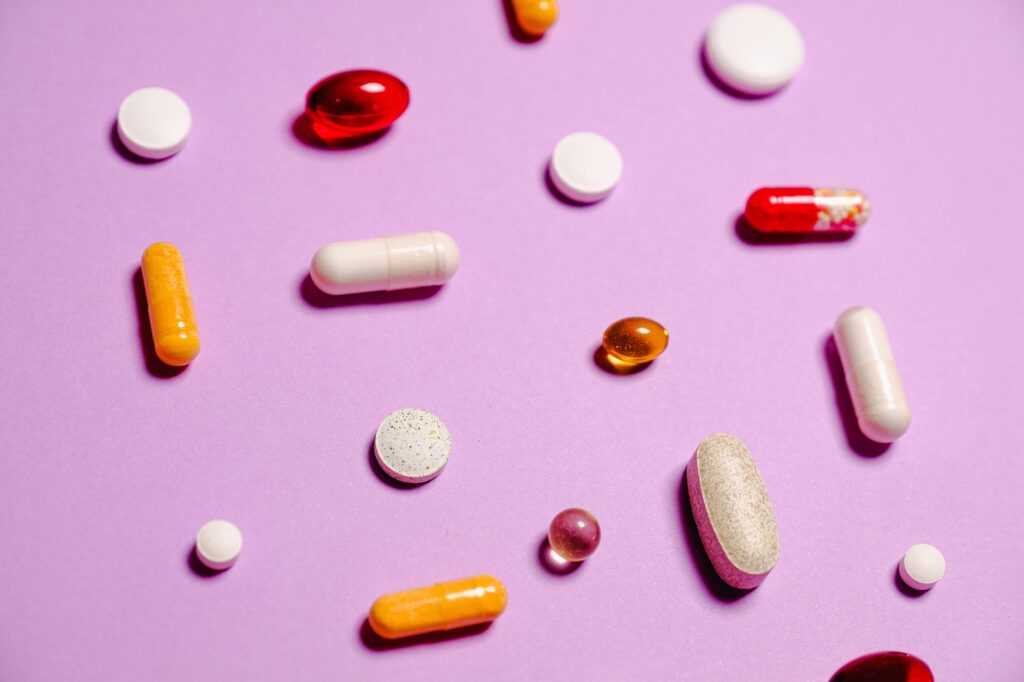
Introduction
Drug addiction is a chronic brain disease that affects the reward system in the brain. The reward system regulates pleasure and motivation, so when drugs are abused, they can disrupt its function and cause changes in how a person feels about themselves and their life. Addiction also alters the way people think about drugs and their ability to resist using them even though they know it’s harmful or dangerous.
The craving for drugs can persist for weeks and months, even after a person stops using the drug.
According to the National Institute on Drug Abuse (NIDA), “the brain’s pleasure, motivation and reward circuits are an important part of the changes in a person’s behavior that occur with drug addiction.” When you become addicted to drugs, your brain becomes accustomed to the high levels of dopamine produced by stimulants such as cocaine and methamphetamines. As a result, your brain begins to crave more stimulation from these drugs just as it craves food or sex.
Addiction alters brain function as new connections develop and old ones are lost.
Addiction alters brain function as new connections develop and old ones are lost.
The brain is made up of billions of neurons, which communicate with each other through electrical signals. These connections form pathways that help us think, feel and act in certain ways. The reward system is one such pathway; it involves the release of the chemical dopamine from neurons in the midbrain when someone experiences something positive or pleasurable—for example, eating chocolate cake after a hard day at work!
The biological processes that regulate the reward system also regulate motivation and pleasure, so people who have an addiction begin to associate drug use or other behaviors with pleasant feelings.
The biological processes that regulate the reward system also regulate motivation and pleasure, so people who have an addiction begin to associate drug use or other behaviors with pleasant feelings. In addition, when people become addicted to drugs or alcohol, their brains adapt to the presence of these substances by producing less dopamine than normal. This causes them to feel unpleasant without them — a condition known as withdrawal.
For example, if someone has a cigarette after eating lunch every day for five years and then suddenly stops smoking for two weeks straight because they’re on vacation in Mexico without cigarettes, he may start craving one immediately upon returning home from vacation.
Addiction is treatable, but it must be taken seriously.
In the simplest terms, addiction is a chronic disease of brain function that can be treated and overcome. While there’s no “magic pill” or quick fix, medications and behavioral therapy have been proven effective in helping people recover from their addictions. Most importantly, addiction is treatable—but it must be taken seriously.
If you suspect that you or someone you love may have an addiction problem, it’s important to get help right away by contacting a doctor who specializes in substance abuse disorders or visiting local treatment centers like Sierra Tucson for more information on how to treat these debilitating conditions.
Conclusion
Addictions can be a serious problem for many people, but drug addiction is treatable. In fact, many people who become addicted to drugs or alcohol recover from their addiction and lead healthy lives. Those who struggle with an addiction need to be willing to seek treatment and get help from others in order to break free from their dependency on substances like heroin or cocaine. The first step is recognizing that there is a problem in the first place!